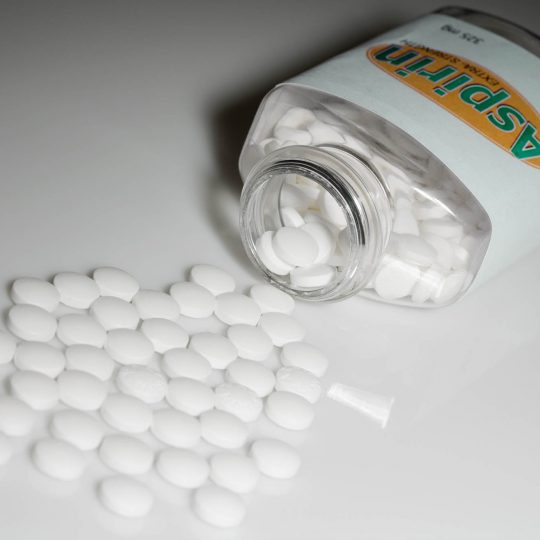ASPIRIN ALLERGY
- Aspirin allergy affects nearly 1% of the population.
- However if you have asthma, chronic sinusitis and nasal polyposis the risk increases to 40%.
- Aspirin allergic sufferers may experience mild to severe symptoms. The most common reactions include skin symptoms such as hives, face and eye swelling, flushing ( sudden reddening of the face, neck and upper chest), itchy or red eyes , blocked or runny nose, difficulty in breathing or drop in blood pressure.
WHAT WE CAN DO
- We can educate you in terms of which aspirin related drugs you should avoid .These drugs belong to a class of drugs known as NSAIDS (non steroidal anti-inflammatory drugs).
- In addition it is advisable that you wear a medic alert bracelet to alert emergency personnel in the event that you can not communicate.
- Sometimes alternative medication ( that is chemically unrelated to aspirin) may be tolerated by these patients for pain.
- Sometimes for certain medical conditions aspirin is necessary and a process called desensitization needs to be undertaken.
ANTIBIOTIC ALLERGY
- Antibiotic allergy symptoms extremely variable from patient to patient and from antibiotic to antibiotic.
- An antibiotic allergy or hypersensitivity reaction can happen with any drug, and allergies are one of the most common antibiotic side effects leading to emergency room admission.
- If a patient is experiencing a bothersome or serious antibiotic side effect, they should contact the allergy specialist.
WHAT WE CAN DO
- We can identify through a comprehensive medical history and selective testing the antibiotic you are allergic to.
- In some cases an alternative antibiotic can be identified.
- In certain circumstances drug desensitization may be required.
Check your Allergy Symptoms now..






